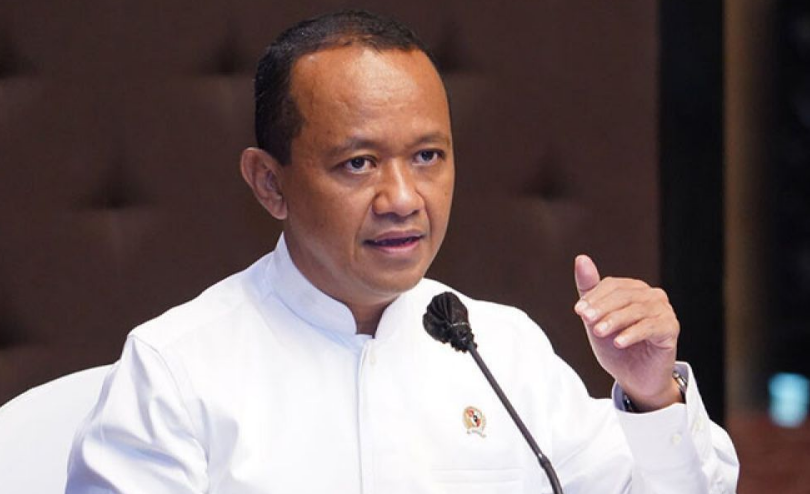Papuaaround.com – Indonesia’s Minister of Energy and Mineral Resources (ESDM) Bahlil Lahadalia firmly denied public speculation regarding the issuance of a gold mining permit for the Wabu Block located in Intan Jaya Regency, Central Papua. He stressed that the government has not granted any company permission to operate, explore, or exploit mineral resources in the area.
Speaking in Timika on Friday, Bahlil clarified that there has been no official approval related to the controversial mining site. “As of today, there is no signed permit for the Wabu Block. I need to emphasize this so the public does not get misled by circulating rumors,” he stated during a briefing.
The minister acknowledged that the government had previously received a proposal to establish a Special Mining Permit Area (WIUPK) for the Wabu Block. The request reportedly originated during the term of former Papua Governor Lukas Enembe. However, Bahlil stressed that the submission did not result in any formal authorization. The proposal, he added, was made before he assumed his current role in the ESDM office, and up to now it remains without approval.
According to Bahlil, he has been approached recently by several lawmakers from the Papua Central Province Regional Legislative Council (DPRP) who sought clarification about permits for the area. The inquiry surprised him, as he expected local government authorities to take the lead in requesting official updates. “I was questioned by members of the council, which struck me as unusual, because typically such matters should be initiated by regional authorities,” he explained.
The Wabu Block has drawn considerable attention due to its significant gold reserves. It was previously part of the concession area controlled by PT Freeport Indonesia before being returned to the state. The site is currently under government consideration, and publicly listed mining company PT Aneka Tambang (Antam), part of state-owned mining holding MIND ID, has been mentioned as a potential operator in the future. However, any development remains hypothetical without the required permits.
Despite the economic potential the site offers, the prospect of mining activity in Wabu has sparked significant local resistance. Community groups and civil society organizations have voiced concerns over possible adverse effects that could arise should mining begin. Several advocacy groups, including leading human rights organizations, have issued statements rejecting plans for industrial extraction in the region. They fear that opening the mine could trigger social conflict, forced displacement, and other human rights issues for residents living near the mining zone.
Community leaders in Papua have long argued that development projects in the region must prioritize local interests and ensure transparency. They urge the central government to carefully evaluate long-term consequences before green-lighting any extractive industry operations. Observers have also highlighted the need for proper consultation mechanisms and inclusive decision-making involving indigenous communities.
Bahlil’s remarks aimed to settle uncertainty while affirming the government’s commitment to responsible resource management. He reiterated that no mining license for the Wabu Block has been granted and that any future policy decision will be taken in accordance with existing regulations. “We are not issuing anything yet,” he concluded, emphasizing that the government will move cautiously regarding Papua’s strategic natural assets.
As debate continues, the Wabu Block remains undeveloped, and stakeholders await further clarification from Jakarta on next steps. The discussion reflects broader challenges in balancing economic aspirations with social and environmental protections in resource-rich regions of Indonesia.

